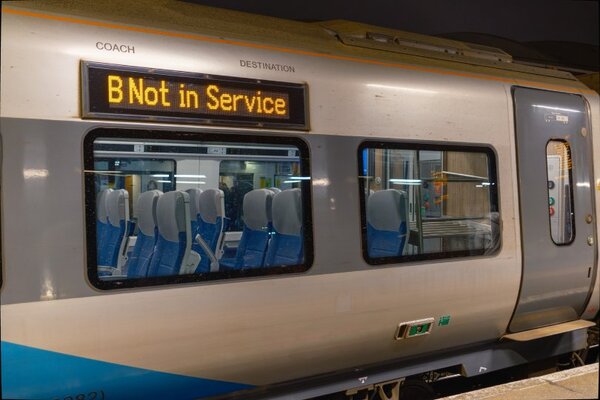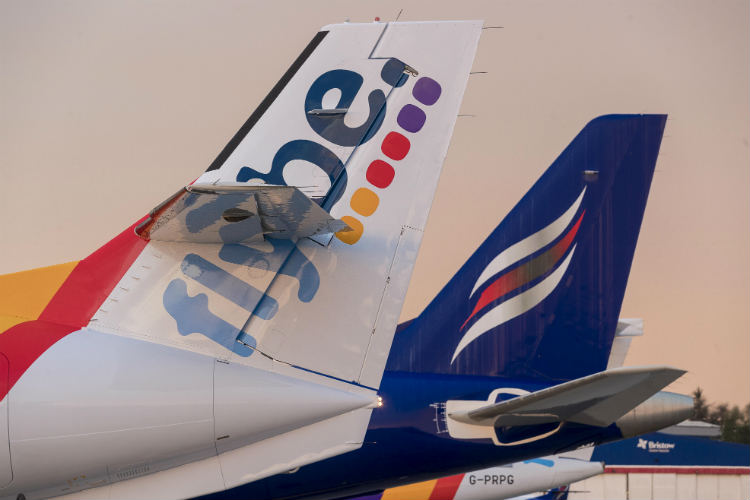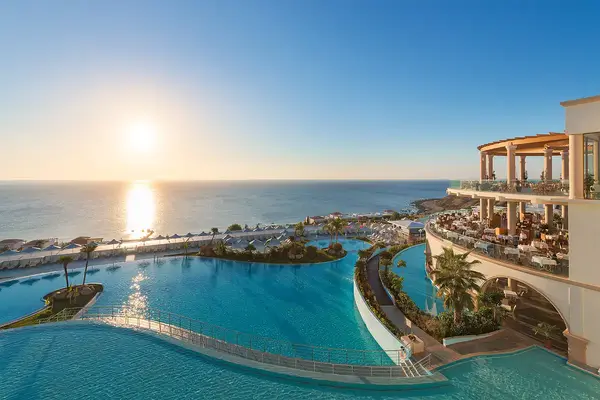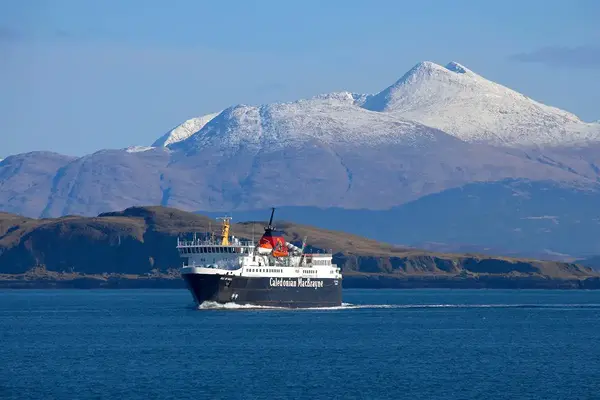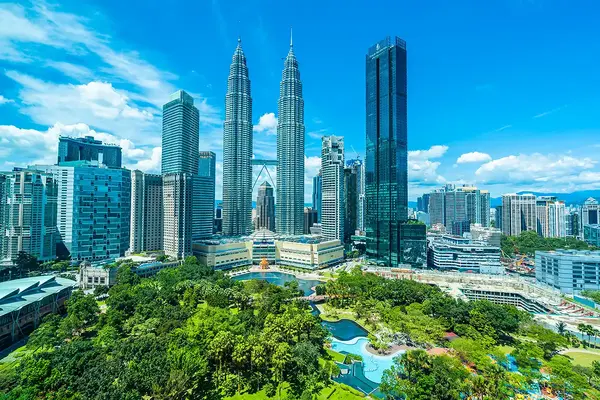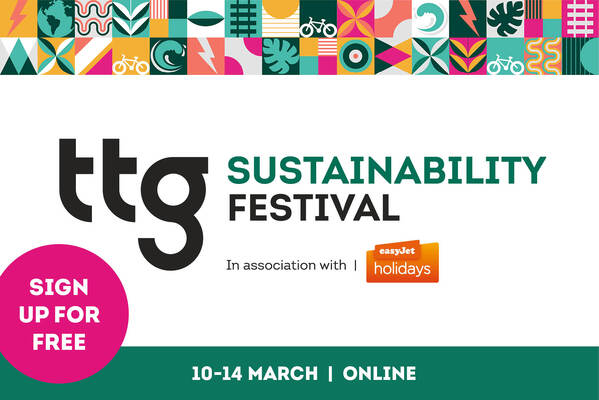'Sometimes, it makes sense not to fly – but not when our rail system is so mind-bendingly useless'
 Amy Skelding
Amy SkeldingAs co-chair of Aito’s Sustainable Travel Committee, you would probably assume I would welcome a reduction in domestic flying in the UK.
The Spanish have proposed it, while the French have already implemented it. The Austrians, meanwhile, have even managed to get Lufthansa Group to agree to drop domestic routes where routes of less than two-and-a-half to three hours can be completed by jumping on a train.
Viva la France, viva la revolution I should cry, and I really would, if it were not for the fact our rail system is so mind-bendingly useless and eye-wateringly expensive that I have, on occasion, spent two-and-a-half hours getting home from London Bridge... to Hove. A journey usually of only just over an hour.
I recently experienced how our European compadres can justify axing routes after travelling to the recent Aito conference in Valladolid on a rather swanky, speedy and reasonable priced train from Madrid. How I marvelled as we departed on time, the enormous laptop-sized tray table in front of me and lack of broken toilets.
No wonder the Spanish can consider utilising their rail network more – it just works.
Back in Blighty, George Stephenson would weep if he saw the state of our rail system. It is inconceivable that you would willingly get the train, if you live down south, to Edinburgh or Aberdeen without first remortgaging your house and, ideally, leaving last week.
There are, of course, steps in the right direction; I applaud the many UK businesses mandating corporate travel has to explore rail as a first option, although engaging with iffy WiFi and the (inevitable) infuriating battle with Delay Repay after a delayed journey home adds a certain je ne sais quoi to travelling for work in the UK.
Let’s not forget it sometimes makes sense not to fly. It can be enjoyable. Operators like Intrepid Travel have removed a lot of internal flights from their tours and made public transport part of the trip, but that’s largely because the whole tour is the trip – you are supposed to enjoy the journey, stopping along the way to experience new adventures.
A lose-lose scenario
But what if you just want to get there? I had a quick look at rail options for a trip to Glasgow in February (because you can’t book rail tickets in the UK more than three months in advance for more mind-boggling reasons).
A return trip with easyJet would cost less than £50, while National Rail wants £368.80. With the various split-save hacks and my nifty Network Railcard, I could get it down to £120 if I was willing to change trains a few times and travel for between seven and nine hours each way.
I think we have to be realistic here, this is not what most people are going to want to do – or even be able to afford – just to get to the starting point for their holidays. And don’t get me started on the fact there is a whacking great stretch of sea to get across to get to Northern Ireland.
Cutting UK domestic routes has the potential to really damage the boom in homegrown tourism we have seen since Covid, and to make travel around our isles less appealing to international visitors.
There is danger of a serious knock-on effect to so many travel businesses, hospitality operators and people who make a living from people’s rekindled love for exploring our own country.
By the same token, it makes complete sense for travellers to turn first to international destinations at the price points we see. Then the whole sustainability argument goes out of the window as people jet off to Alicante or Amsterdam instead. It’s a lose-lose scenario.

I am obviously passionate about working within a more purpose driven and sustainable travel industry, but there has to be a level-headed approach to how we go about it – and we surely need both the carrot and the stick.
At the moment, if the UK trains are the carrot, I think these ones are well past their sell by date. There needs to be a new approach to how our transport network responds to consumer needs. The lack of flight options will force us onto the trains, but will the rail operators respond with better services, prices and amenities? I think not.
Will the additional funds raised through the rise in Air Passenger Duty go towards sustainable transport infrastructure? Extremely unlikely. Once again, despite the numerous studies about how APD is bad for business, it appears still to be a licence to print money.
This, in turn, fuels the idea anything under the "sustainable" bracket is expensive, unenjoyable and something to be endured under duress. The opposite effect of what is needed as we head into 2025.
My mission next year is to explore more of the UK – I’ll be first in line for the Derry Girls Exhibition, but I think we need to be realistic about how to get there. It’s by plane.
Amy Skelding co-chairs Aito’s sustainability committee and is a managing Partner at Finn Partners.
Sign up for weekday travel news and analysis straight to your inbox
Supplier Directory
Find contacts for 260+ travel suppliers. Type name, company or destination.
